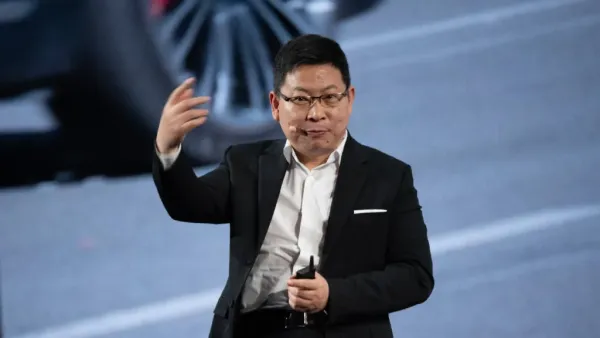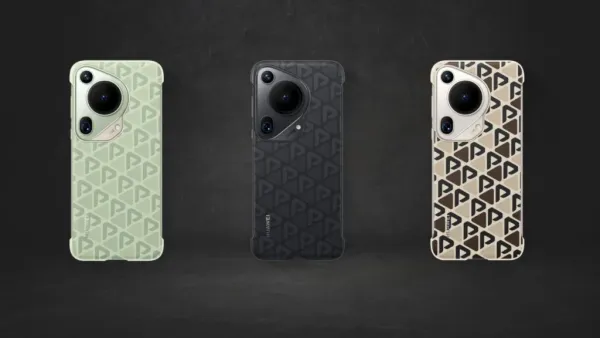
In an increasingly competitive smartphone market, Huawei continues to assert its position with the introduction of the Pura 80 series in April 2025. Scheduled for release in June 2025, this series marks a significant leap forward in Huawei’s mobile strategy. The confirmation by Richard Yu, Chairman of Huawei Consumer Business Group, has stirred excitement in the tech community, particularly due to the advanced features expected across the lineup.

Huawei plans to release multiple variants within the Pura 80 series, including the standard Pura 80, Pura 80 Pro, and Pura 80 Ultra. While the Ultra model will showcase the most advanced features, the other variants will also receive significant upgrades in camera technology and performance, catering to a broad range of consumer preferences.
Reports also suggest the series will feature enhanced build quality, including improved water and dust resistance, and a new ceramic or leather finish on select models. These materials aim to deliver both premium aesthetics and increased durability.
The standard Huawei Pura 80 features a 6.6-inch LTPO OLED display with a resolution of 1256×2760 pixels, offering a 120Hz refresh rate, 10-bit colour depth, and a peak brightness of 2500 nits. Protected by Kulun Glass 2, the device ensures durability alongside vibrant visuals and smooth responsiveness. The design boasts an IP68 rating, signifying resistance to dust and water up to 1.5 meters for 3 minutes.
The Pura 80 Pro and Ultra variants elevate the experience with a 6.8-inch curved LTPO OLED panel with the same high refresh rate, brightness, and resolution. These models feature a more immersive edge-to-edge viewing experience and slimmer bezels for a more premium feel.
Taking the reins on this device is Huawei’s latest in-house Kirin chipsets. The standard model runs on the Kirin 9020, while the Pro variant is equipped with the Kirin 9010, both built on a 7nm technology with support for advanced AI processing and power efficiency. Paired with up to 12GB of LPDDR5 RAM and storage options from 256GB to 1TB, users can expect smooth multitasking, faster read/write speeds, and long-term performance.
The series runs on HarmonyOS 5, Huawei’s proprietary operating system. The OS brings improved UI responsiveness, enhanced device interconnectivity, and AI-driven performance optimisation. HarmonyOS 5 also supports integration with Huawei’s smart home products, tablets, laptops, and in-car systems.


Battery life is a strong suit for the Pura 80 series. The standard model is said to house a 4900mAh battery, while the Ultra variant is rumoured to be equipped with a capacity of 5200mAh. Both support 66W fast wired charging, and the Ultra model ups the ante with 100W wired and 80W wireless SuperCharge support.
The Pura 80 series is expected to feature groundbreaking new camera technology. According to blogger Digital Chat Station, the device boasts a 50-megapixel 1-inch main sensor and a 1/1.3 inch periscope telephoto lens, both utilising Huawei’s RYYB colour filter array. This configuration enhances light intake by approximately 40% compared to traditional RGGB sensors, significantly improving low-light photography.
Huawei’s in-house Red Maple primary colour imaging system, combined with XMAGE image processing and advanced AI algorithms, will further enhance image quality across various scenarios, including portraits and night scenes. The integration of LOFIC technology in the camera sensor will provide superior dynamic range, capturing more detail in high-contrast environments.


Moreover, Huawei is reportedly equipping the camera system with an updated hyperspectral sensor, enabling even more accurate colour reproduction and object detection.
The Huawei Pura 80 series is a clear demonstration of the company’s technological capabilities and resilience in challenging the global market. Primarily, it showcases Huawei’s ability to stride forward with in-house chipsets, along with a growing software ecosystem in HarmonyOS. For any users, the Pura 80 lineup stands as a compelling choice, a bold statement of Huawei’s direction in mobile technology.